Can rail fill the transport holes apparent in Labour's manifesto? Christian Wolmar outlines the ways
And here are the small-scale thoughts:
Can rail fill the transport holes apparent in Labour's manifesto? Christian Wolmar outlines the ways
The transport content in the Labour manifesto was thin gruel.
That was to be expected. Anyone who was hoping for a vision of sunny uplands with transport at the centre of a number of key policy areas (as indeed it should be) would have been greatly disappointed.
This was the Ming vase manifesto - so called because, with Labour 20% up in the polls, caution was always going to be the watchword to ensure there was no shattering of that precious lead. Nevertheless, even in that context, it was a let-down.
The thinking in Labour HQ seems to have been along the lines of ‘we need to say something about transport, so let’s throw in a few banal paragraphs and hope no one notices’.
Most importantly, nowhere is there a statement about the importance of transport in delivering positive economic, environmental and health outcomes.
There is merely a passive recognition of the current status quo, as evidenced by the statement that “cars remain by far the most popular form of transport”.
Well, yes. But could that possibly be because we have seen a century of favouring motorised transport at the cost of all other modes, with measures such as freezing fuel duty while pushing up rail fares with above-inflation-level increases?
As Professor Paul Salveson, a long-time campaigner for rail, put it in his blog, the document might have added “and we’ll make sure that remains so’’, given that there is nothing to suggest Labour intends to move away from the long-established prioritisation of car transport.
The document continues in the same vein by pandering to the recent Conservative obsession with the supposed (but non-existent) war on motorists.
Instead of simply ignoring this rubbish, Labour has felt compelled to say that the party in government “will maintain and renew our road network to ensure it serves drivers, cyclists and other road users, remains safe and tackles congestion”.
The banality makes you weep. This is supposed to be a serious party ready to ‘change’ things, and yet it comes out with these motherhood and apple pie clichés.
There is one sentence that epitomises the ludicrous nature of the manifesto process - a promise to fill a million potholes.
Clearly, this has to be funded, because that’s the rules of the game in elections these days. So, this will supposedly be paid for by scrapping the A27 bypass (it does not specify where this is, but the road runs along the South Coast, mostly through Tory constituencies).
This is madness. Government spending simply does not work like that, as annual spending is in the order of £1.2 trillion, or £1,200 billion.
Spending a few tens of millions on filling in potholes across the whole country is like the money you drop out of your pocket when sitting on a train (I lose pounds quite often like that).
Moreover, transferring capital spend to pay to fill potholes is the kind of nonsense that was (rightly) widely criticised when the money for HS2 was supposedly used for all kinds of alternatives.
There is a much bigger question (which I address below) of what to do with the current road capital budget, which was set at £27bn by Rishi Sunak, and which is full of schemes that could be diverted to other purposes - other than potholes.
There is little on aviation or shipping, and even rail gets only a few cursory paragraphs, largely reiterating the rail document published a couple of months ago.
At the core is the commitment to take the franchises back in-house, which is called renationalisation, although what it means in reality will depend on how rail operations are consolidated into Great British Railways.
If they are then subjected to concessions, in the way that London Overground is run, then there will really be little difference to what happens now.
If, however, a big operating organisation is created within GBR, then that will in effect be a public sector takeover.
The document does not make clear which of these options will be chosen. Moreover, the commitment to open access remains, with the statement that open access operators “are an important part of the rail system”. I think this is nonsense (as I explain below).
It was notable that the responses I received from my request for readers’ ideas for what should be included in the Labour manifesto nearly all focused on wider issues of transport, rather than solely rail. And that is correct.
Professor David Begg was quoted in the last issue, emphasising that rail policy should not be viewed in isolation but rather as part of a wider aim to shift people out of their cars.
It was therefore particularly disappointing that Sir Keir Starmer seems to have fallen into the culture war trap by saying “I’m on the side of drivers”.
What on Earth does that mean? That he is against other road users such as cyclists or public transport passengers?
We should expect Labour over the coming months to at least emphasise the myriad benefits of sustainable travel, and not be frightened of the so-called motoring lobby, which appears to mainly consist of a few very loud and active voices on social media.
So, here are five big ideas and five smaller-scale quick wins - all garnered from the responses from readers and my own writings over the years:
- Get more people using trains. The way to reduce subsidy is to increase travellers, especially off-peak. Create a national railcard available to all, limit maximum fares to £100 for any single journey, use marketing techniques (as BR did) such as offers on Cornflake packets. Think ‘passenger’ with better catering, more comfortable seats, a bike carriage, and so on.
- Create Great British Railways, but do not let Network Rail be in charge. Establish the kind of arm’s-length organisation that BR was, give it a budget, and let it get on with the job.
- Sort out the fares system. My plan is to create a relatively cheap basic fare, and then to increase the prices of peak trains and decrease the prices for very off-peak ones - say up to a 30% increase or reduction. Brand every train in line with this structure, and then everyone will know what they are getting.
- Scrap open access. The Labour manifesto lauds open access operators, but its authors fail to understand that open access is the enemy of a rational timetable. An innovative GBR will plug the gaps that the open access operators have exploited in the past.
- Cancel the vast majority of road schemes. The money can be used for rail projects and other forms of sustainable transport.
And here are the small-scale thoughts:
- Boost Sunday services to recognise the new realities of when people want to use the railways.
- Enable people to buy tickets through the National Rail Enquiries website directly (sorry Trainline).
- Make sure tickets are checked on every service.
- Scrap the terrible new ticketing regime on LNER’s routes on its Newcastle and Edinburgh journeys from and to London.
- Improve those awful bike facilities on the new Hitachi trains, which are unusable for anyone who can’t lift their bike onto a hook hanging from the roof.
There could be many more!
All this must be in the context of a wider range of policies that recognise transport as a great enabler for the type of change which Labour seeks to make in society as a whole.
Above all, let’s see courage in the face of the inevitable squealing from the roads lobby, and push forward with policies such as Ultra Low Emission Zones, low-traffic neighbourhoods, and 20mph speed limits, all of which have been shown to improve the environment and save lives.
Start moving the terms of trade towards rail travel - i.e. increase fuel duty and don’t put up fares by the rate of inflation.
If there is a watchword, it should be ‘Be Brave’. And remember, passengers will need to see improvements if they are to warm to the idea that renationalisation was a good idea.
Login to continue reading
Or register with RAIL to keep up-to-date with the latest news, insight and opinion.

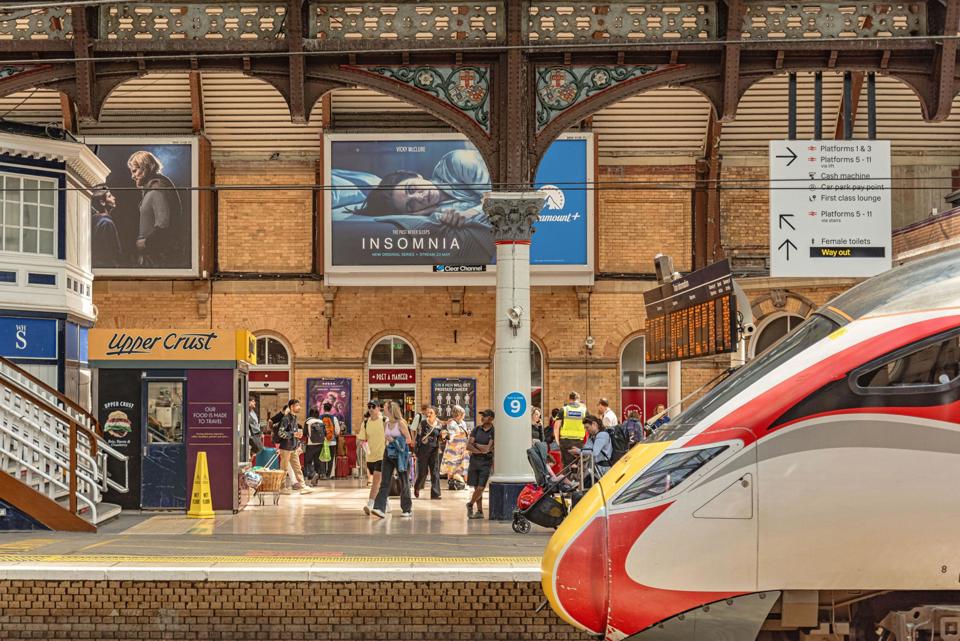

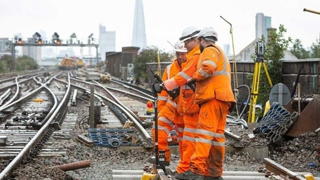
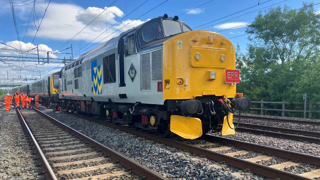
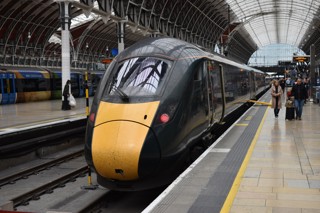
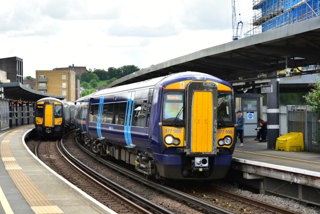
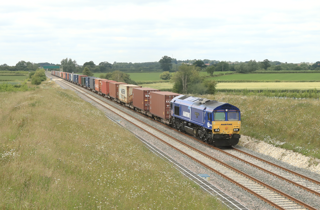










Login to comment
Comments
No comments have been made yet.